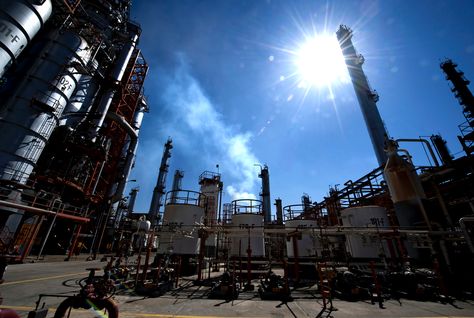Saudi Arabia’s state-oil giant Aramco is pondering whether to close its oil refinery in Jeddah due to age and environmental issues. The refinery, which started operating in 1967, produces 90,000 barrels of crude per day as well as liquefied petroleum gas, gasoline, diesel, asphalt, jet fuel, and naphtha. The facility serves the western part of the country and if it is closed, demand for oil products from other Saudi facilities would go up. Aramco was originally planning to close the refinery in 2018 but now it is considering putting off the closure to 2022 because of the rising domestic demand.
On top of that, the construction of a new facility at Jizan will be probably delayed, which is yet another reason why the company now feels reluctant to close the Jeddah refinery despite obvious environmental considerations. Aramco’s Jizan refinery was scheduled for opening in 2018, the same year in which Jeddah refinery was supposed to be closed. However, the construction is now expected to be delayed to at least 2020 for a variety of reasons, including for example technical problems with the construction in the sea.
Saudi Arabia’s Yanbu and Jubail refiners are expected to cover the eventual loss in gasoline production when Jeddah facility is closed. Both facilities are jointly operated by Aramco, China’s Sinopec and France’s Total. As to naphtha, the impact would not probably be significant because Jeddah refinery only supplies 400,000 tons per month. That volume would be nevertheless still covered by Ruwais refinery in the United Arab Emirates, which is about to increase naphtha exports to more than 10 million tons from the current 7.5 million tons.




